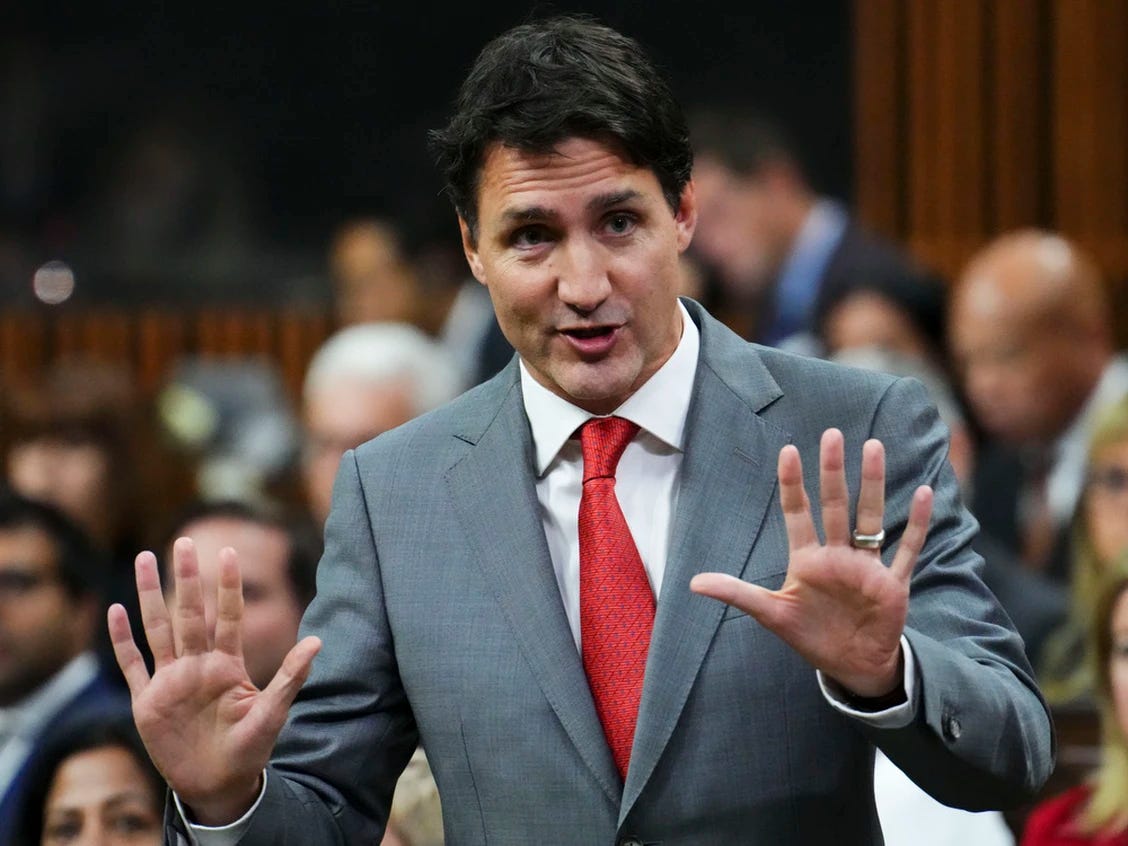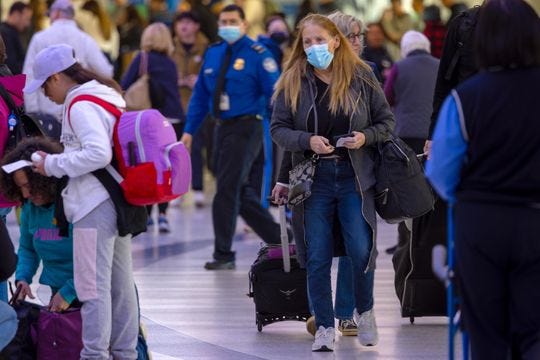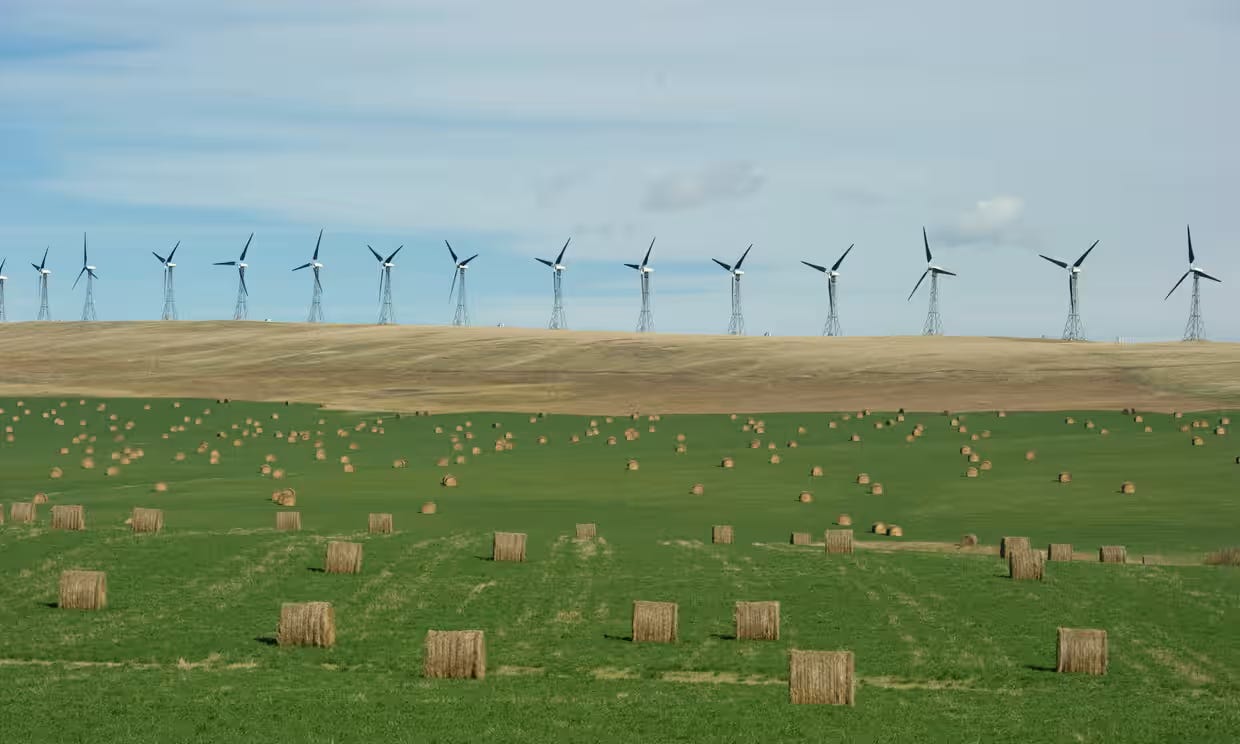U.S. Professor Claims 'Smoking Gun' Evidence: COVID-19 May Have Been Created in Chinese Lab
A U.S. professor, Richard H. Ebright, suggests that evidence supporting the idea of COVID-19 being created in a Chinese lab has reached "smoking gun" levels. Referring to a 2018 document from China's Wuhan Institute of Virology, Ebright claims it elevates the evidence to a conclusive level. The document, related to a rejected grant proposal called Project DEFUSE, outlined how to engineer bat coronaviruses for increased transmissibility. Though denied funding, there's speculation that Wuhan researchers might have pursued the work with Chinese government support. The timing and genetic structure of COVID-19, according to Ebright and former New York Times science editor Nicholas Wade, suggest a lab synthesis rather than a natural origin. Lentzos, an associate professor at King’s College London, urges acknowledging the possibility of lab synthesis, presenting the idea before the United Nations.
Trudeau's Secrecy Unveiled: Chinese Scientists' Firing Exposes Government's Failure to Safeguard Canadian Security
The article discusses the revelation that scientists Xiangguo Qiu and her husband, Keding Cheng, were fired from Canada's high-security biolab due to their undisclosed relationships with Chinese agencies, posing a threat to Canada's economic security. The documents, previously kept secret, expose the Trudeau government's failure to address China's interference in federal elections and safeguard Canadian security. Despite accusations of anti-Asian racism and claims of national security concerns, the government resisted inquiries into the matter. The article criticizes Trudeau for playing the race card and withholding information, highlighting the government's inadequate response to China's interference and internal security failures.
CDC Updates Guidelines: Treating COVID Like the Flu, But Not Quite – What You Need to Know
The latest guidance from the Centers for Disease Control and Prevention (CDC) indicates a shift in the approach to handling Covid cases, signaling the virus's normalization four years after its emergence. Individuals are no longer required to isolate for five days, aligning Covid precautions with those for the flu and other respiratory viruses. The recommendations include staying home until a day without fever and improved symptoms, wearing masks, and limiting close contact for the subsequent five days. The CDC emphasizes that while Covid remains a public health concern, its impact increasingly resembles that of other respiratory illnesses.
Despite the relaxed guidelines, Covid is distinct from the flu, causing more serious illness and lasting effects. Hospitalization and death numbers for Covid are still higher, although the gap has narrowed. The CDC's new guidelines don't apply to healthcare settings or higher-risk individuals, who should seek professional help if symptomatic.
The guidance highlights that early illness is when individuals are most contagious, and while symptoms like coughing and sneezing increase infectivity, spreading can also occur through breathing. Fever absence doesn't guarantee being Covid-free, and at-home rapid tests may not always be reliable. Experts advise protecting others by staying home when ill, testing, and wearing masks if experiencing symptoms.
Infectious-disease specialists suggest following more relaxed isolation guidelines due to increased immunity from infections and vaccinations. The CDC recommends an annual Covid vaccine, especially for older individuals who may require more frequent boosters. Those with compromised immune systems should follow their doctor's advice regarding vaccination frequency, spaced two months apart.
Alberta Unveils New Restrictions on Renewable Energy: Impact on Agriculture and Landscape Views Sparks Controversy
The Alberta government is implementing new restrictions on wind and solar projects following a six-month moratorium on renewable energy approvals that ended in August. Premier Danielle Smith and Minister Nathan Neudorf announced 13 policies to support agriculture lands, including limitations on renewable projects in areas with crop limitations, developer responsibility for reclamation costs, creation of buffer zones for "pristine viewscapes," and a case-by-case evaluation for renewable development on Crown lands. The policies, effective from March 1, are not retroactive but impact 26 pending projects. Industry reactions vary, with concerns raised about the lack of detail and potential limitations on wind projects in southern Alberta. Some criticize the policies as unfair and ideologically motivated, while others appreciate the increased role for municipalities.
Alberta Unveils Bold Fiscal Measures: Electric Car Tax, Vaping Levies, and Promised Tax Cuts in 2024 Budget
Starting in January 2025, electric car owners in Alberta will face a new annual $200 tax, aimed at compensating for the perceived heavier wear and tear on roads and highways caused by these vehicles. The tax, in addition to the regular registration fee, will not apply to hybrid vehicles. The province anticipates generating $1 million in revenue for 2024-25, with projections of $5 million in 2025-56 and $8 million in 2026-27, as more electric vehicles become prevalent. The tax is part of the 2024 budget, and further details will be revealed when legislation is introduced in fall 2024.
In addition to the electric vehicle tax, Alberta will impose taxes on vaping products at the same rate as the current federal tax, starting January 2025. Cigarette taxes will also increase, generating an estimated $4 million in revenue for 2024-25, with expectations to reach $18 million in 2025-26. The province predicts a five percent annual decline in tobacco tax revenue as consumption decreases.
The budget includes a future tax cut promised by Premier Danielle Smith, involving a new eight percent tax bracket on the first $60,000 of income. The implementation will occur in stages, dropping to nine percent in 2026 and then to eight percent in 2027, dependent on fiscal capacity without affecting the balanced budget. This tax cut is estimated to save Albertans about $760, with a total cost of $1.4 billion.
Other initiatives in the budget include a new Alberta is Calling Attraction Bonus, offering a one-time refundable tax credit of $5,000 to attract skilled workers, a seniors discount providing 25 percent off certain services, and the reimposition of the fuel tax relief program, capping the fuel tax at nine cents per litre through March, saving an estimated $124 million for Albertans.
Finally, the province is introducing a new Land Title Registration Levy, moving from variable fees to a fixed rate of $5 per $5,000 of property value for transfers and mortgage registrations. This change is expected to generate $45 million in additional revenues for 2024-5 and $91 million in 2025-26.
Alberta's Controversial Decision: Blocking Renewable Energy on Prime Agricultural Land Sparks Industry Skepticism
The province of Alberta in Canada has decided to block renewable energy projects on prime agricultural land and impose limits on the placement of wind turbines to preserve scenic landscapes. Premier Danielle Smith and Utilities Minister Nathan Neudorf announced the decision, which comes after a controversial six-month ban on new renewable projects. Alberta, despite leading the country in new renewable projects, has faced uncertainty and skepticism regarding future investments. The new rules ban renewable projects on private lands with good irrigation capability and those suitable for specialty crops. Exemptions can be requested, but developers must cover cleanup costs and secure a government bond. The decision, especially the 35km buffer zone around wind turbines, has been met with skepticism by renewable energy analysts, who see it as a potential backdoor ban and a source of uncertainty for investors.
Campbell River Woman Arrested in Major Drug Bust: Fentanyl, Cocaine, and Pills Seized in Trafficking Operation
A woman in her 50s from Campbell River was arrested for drug trafficking after a search warrant was executed in the 600 block of Nursery Road on February 21. The police discovered over two kilograms of fentanyl, more than a kilogram of cocaine, over a kilogram of methamphetamine, and around 3,500 Dilaudid pills believed to be diverted from safe supply prescriptions. The woman, along with three others, is facing charges. The investigation also revealed a well-organized drug trafficking operation at the residence, with evidence including over $30,000 in cash, liquid GHB, various prescription pills, and fentanyl powder shaped like gummy bears and dinosaurs. The police seized two vehicles, a 2022 Dodge Ram, and a 1999 Jeep Cherokee. The woman was released with a court date in May, and charges are recommended against her. RCMP Inspector Jeff Preston commended the officers' efforts in holding criminal elements accountable in the ongoing fight against the drug trade in the community. The public is encouraged to report any information on criminal activity to the Campbell River RCMP.
Alberta Defies Ottawa: Passes Sovereignty Act to Protect Electricity Grid and Challenges 2035 Net-Zero Goal
The Government of Alberta has taken a new approach to oppose federal legislation by passing the first motion under the Alberta Sovereignty Within a United Canada Act (Sovereignty Act) on February 29, 2024. The Sovereignty Act provides a legal framework for Alberta to challenge federal laws or policies that it believes negatively affect the province. Premier Danielle Smith announced that the motion aims to safeguard Alberta's electricity grid from what they perceive as destructive federal policies and ensure access to affordable and reliable electricity. The motion opposes Ottawa's goal of achieving a national standard of net-zero electricity grids by 2035, with Smith arguing that such a timeline is unrealistic and could lead to frequent blackouts in extreme cold conditions. Despite proposing a later target of 2050 for net-zero, the federal government has not agreed to this proposal, prompting Alberta to use all legal means to resist the implementation of Ottawa's Clean Electricity Regulations in the province.
Trans Mountain Expansion Ignites Alberta's Budget Surge with Oil Shipments Set to Begin
The Trans Mountain expansion project in Alberta, Canada, is set to commence oil shipments, providing a boost to the province's budget surplus goals. The project aims to triple the capacity of the existing pipeline, transporting oil from Alberta to the B.C. coast. MEG Energy, an oilsands producer committed to using the Trans Mountain expansion, reported receiving notice to begin filling the pipeline. The project's completion is expected to narrow the price gap between U.S. benchmark West Texas Intermediate crude and Western Canadian Select heavy crude, potentially increasing energy revenues for the province. The long-delayed project, with an estimated cost exceeding $31 billion, is crucial for facilitating oilsands sector growth, expanding export markets, and easing transportation system constraints. The Alberta government anticipates positive impacts on revenue, especially considering the correlation between price differentials and government earnings. Despite past delays, the Trans Mountain Corporation is making progress toward anticipated commercial operations in the second quarter, potentially alleviating concerns about supply surpassing pipeline capacity in Western Canada. The project's startup is viewed as a significant benefit to the province's budget, potentially reducing downside risks and contributing to Alberta's economic growth.
Calgary Mayor's Recall Attempt: A Challenge to Democracy or Resistance to Change?
The attempt to recall Calgary's Mayor Jyoti Gondek is criticized as a defiance of democratic principles and an undermining of the power vested in the elected leader. The article argues that a majority of voters supported Gondek in every ward, and this recall effort is driven by a vocal minority unable to accept differing perspectives. The piece emphasizes the democratic structure, highlighting that the mayor, like councilors, holds just one vote, and attempts to recall her suggest a desire to exert disproportionate influence. The authors call for a deeper understanding beyond sensationalized headlines, asserting that Gondek's focus on the city's well-being in a time of crisis should be acknowledged. The opposition to Gondek's leadership is suggested to stem from societal resistance to change and biases against non-traditional leaders. The article emphasizes the importance of distinguishing between legitimate critique and baseless attacks, advocating for the celebration of diverse leadership in the context of democracy.














31 billion to build the transmountain pipe. WoW
Ya think?! lol we’ve known about the lab leak for some time. Now we’re having issues containing classified scientific research in Canada as well? Follow The one with the deepest pockets that stands to gain from this.